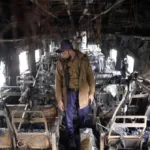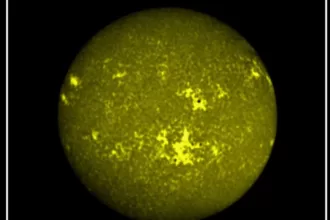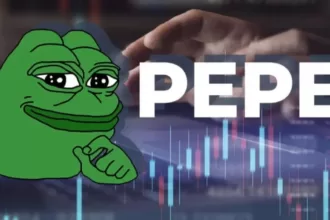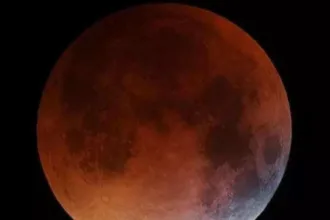Hong Kong is not recognized as a separate country in the United Nations list. It is known as a special administrative region of China. There is a debate going on here about freedom of the press. According to the report, Hong Kong’s media tycoon Jimmy Lai has been accused of playing with the country’s security. 76-year-old Jimmy Lai, who was vocal in criticizing China’s leftist leaders, was also arrested in 2020.
A report has also revealed that people were tortured to pressure them to testify against Jimmy. Media tycoon Jimmy Lai, who has a pro-democracy image, vehemently rejects all the allegations of China’s leftist government. Who is Jimmy Lai? What are the charges against him? How have other countries of the world reacted to the crackdown on Lai? Let us know…
Who is Jimmy Lai?
Jimmy Lai is the founder of Hong Kong’s biggest media house – Apple Daily. He had to close his media house Apple Daily due to China’s policies. Jimmy Lai is also introduced as a vocal opponent of Chinese dominance in Hong Kong. To deal with its vocal opponents, China has made strict legal provisions such as the National Security Act in Hong Kong. Action is being taken against Lai under this. If Jimmy Lai is found guilty in this case, he could be sentenced to life imprisonment.

What charges does Jimmy Lai face?
Jimmy Lai is accused of treason under the National Security Law. If the allegation is proven, Jimmy Lai may spend his entire life in prison. According to the report, there are allegations against Lai of writing inflammatory posts on social media. According to the charge sheet, he has appealed to Western countries to impose sanctions on China and Hong Kong. The prosecution argues that his articles violate the national security law.
In June 2020, China implemented these laws in Hong Kong. Just six months later, in December 2020, Jimmy Lai was jailed. Jimmy was initially kept in custody under the pre-trial detention policy.
After this, he was also sentenced based on different charges related to Apple Daily. Even though the sentences were for short periods, he was not released in the last three years. Born in Guangzhou province of China, Jimmy came to Hong Kong by hiding in a fishermen’s boat at the age of only 12. After starting as a laborer in a sweet shop, Jimmy Lai became the richest man there within a few decades.
Where did the conflict between Jimmy Lai and Apple Deli begin?
Jimmy Lai, who built a billion-dollar empire in Hong Kong, continued to raise his voice in support of democracy. Irrespective of the strict policies of the leftist government in China, he vocally criticized the expansionist policies of President Xi Jinping. Whatever he wrote on China’s policy, censorship, curbs on press freedom and the Tiananmen massacre proved to be a cause of trouble for China. The sale of Lai’s books was banned in China. After this, Apple Daily and the digital magazine Next were started. Both were considered pro-democracy publications. His troubles also began from here.
China argues that this law has been made to crack down on forces that challenge sovereignty. On the other hand, critics say that such harsh laws have been made to crush dissent. In several international media reports, experts have criticized Lai’s imprisonment, saying it violates his right to a fair trial.
According to Human Rights Watch, media tycoon Jimmy Lai has not been given the chance for a jury trial. According to this, before the implementation of the National Security Law in Hong Kong, the accused or the defense party who feared harsh punishment were given full opportunity to present their arguments before the jury. In Hong Kong, Lai’s case is currently before a panel of three judges preferred by China’s leftist government. These judges are considered close to power.
Lai’s son Sebastian has said that the trial is being held for show. Let us tell you that before the Chinese occupation, Hong Kong was a British colony. China promised that Hong Kong, once a British colony, could enjoy Western civil liberties for 50 years. However, over the years since coming under Chinese rule in 1997, the local government has been accused of suppressing freedom of expression.






